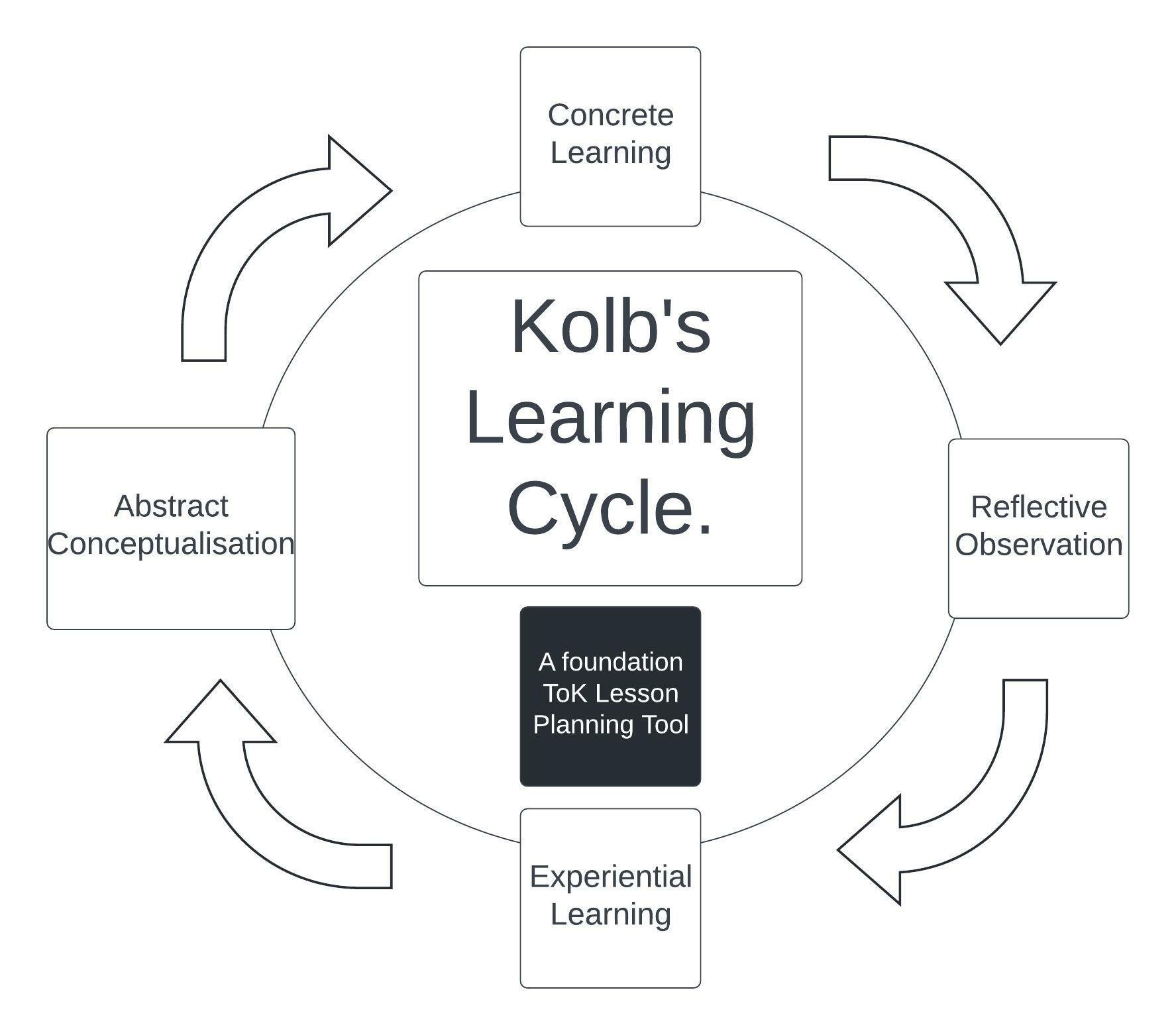How can we teach ToK in only 100 hrs?(New to ToK #3 Speed (pt2))
The IB recommends that the ToK course is taught in 100 hours, many teachers find this to be too little time. This problem can be compounded because many schools struggle to allocate even the minimum recommended time. In today’s blog I want to suggest 3 ways for you to successfully deliver the course in 100 hours.
#1 Go Slow to go fast
Your first instinct might be to try to cover the curriculum as quickly as possible, to rush through the Areas of Knowledge and the Optional Themes. However, I believe that the way to speed up curriculum coverage is actually to do the exact opposite, slow down rather than try to speed up - which may seem antithetical to begin with.
“Go slow to go fast” means focus on deepening student understanding early in the course, don't worry so much about curriculum coverage. If you build the key ToK skills early in the course then the students will be able to learn the content much faster later in the course.
The key to go slow to go fast is to identify the important skills which are necessary for student mastery of the ToK framework, there are many blogs and videos coming up on ToK skills, not least the next one in this series.
In summary - focus on building ToK skills not covering content early in the course.
#2 Abstraction & Reification (Kolb’s Learning Cycle).
Why do some students (& teachers) find ToK so much harder than other subjects ? I would say that one of the reasons is that ToK requires us to abstract from, and reify, the real world context. EG in the real world it’s a coffee mug, but in ToK it’s knowledge with a specific Scope, Methodology, Perspectives and even associated ethics.
So how do we teach students to abstract & reify the real world ? The most effective model that I have found is Kolb’s Learning Cycle. It’s a 4 stage model of learning which helps students to move from the concrete real world to the abstract conceptual world.
I use Kolb’s learning cycle as the underlying framework for planning lessons, designing an activity for each stage. This process makes it far easier for students to move from "the real world" to the ToK world.
In summary - draw upon the expert constructivist models (such as Kolb's Learning Cycle) - their work is based in research.
#3: Making the Familiar Unfamiliar (Schematic Redefining)
We know that when we’re teaching ToK we’re teaching Critical Thinking skills, but what does that actually mean ? How do we operationalise that into a set of real activities and skills ?
Well a good starting point is to ask the students to constantly question their tacitly accepted beliefs. Very early on I teach my students that the first rule of ToK is to “Question the Question”.
This means that from the beginning of the course I focus on encouraging the students to question the premise of statements used in class & in IB Knowledge Questions and prompts. EG - what do we mean by culture ? How do we define new knowledge ? How do we define ‘Seek’ etc ?
Summary: focus on students developing questions more than answering them.
Let’s draw these 3 things together:
Go slow to go fast, Abstraction & Reification and Make the familiar unfamiliar. On their own none of these 3 things are rocket science - they’re not great innovations in pedagogy. However, when brought together, and used consistently your ToK students will be able to construct the content of the course themselves, thus enabling you to cover the syllabus far faster - in that way you can teaching ToK in 100 hrs or less.
Daniel, Lisbon, Portugal,
August 2022



